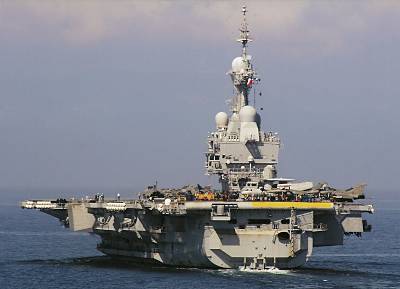WASHINGTON — U.S. and coalition troops in southwestern Afghanistan have made significant gains in recent months, but not without sacrifice, the commander of NATO’s regional command southwest there said today.
“None of these advances have come easy. A steep price has been paid in coalition blood – not only in U.S. and U.K. blood, but in the blood of all of our coalition partners,” Marine Corps Maj. Gen. Richard P. Mills told Pentagon reporters here during a video news conference from his headquarters in Afghanistan.
Mills highlighted security improvements, increased capabilities of Afghan security forces, and the disdain local Afghans show for the Taliban and other extremists.
Troops from 47 nations make up NATO’s International Security Assistance Force. Nearly 100,000 U.S. troops are operating in Afghanistan, including almost all of the additional 30,000 troops President Barack Obama ordered in December 2009. Coalition contributions are just short of 50,000.
This year, Mills said, is panning out to be the deadliest for international forces in Afghanistan. There have been 493 coalition deaths through today — 30 fewer than last year’s total, he said. U.S. troops, he added, accounted for 326 deaths this year in Afghanistan, nine more than the previous year.
The Afghan populace also has paid a heavy price, Mills said. Afghan civilians, he said, have been caught in between coalition and militant crossfire. Taliban and other insurgent forces in Helmand province, he added, have planted roadside bombs and launched attacks without regard for potential civilian deaths or injuries.
“That takes a large, tragic toll on [the Afghan population], on the innocent children, the innocent women and the innocent men who live here in the province.”
However, morale among Mill’s troops and the population seems to be on the rise, he said.
Today, bazaars, markets, schools and other projects are operational in towns throughout Helmand province, Mills said, as increased security has fanned the Afghan populace’s distain for Taliban edicts and criminal activity. Only months ago, he said, many of the province’s cities were hotbeds for the drug trade and weapons trafficking.
Meanwhile, Afghan soldiers and police are becoming more capable each day, Mills said, and coalition troops are noticing signs of wear and tear among the Taliban. Months of hard work and patience are paying off in Marja and Helmand province, he noted.
“I can tell you that the morale of the troops remains high,” Mills said. “They remain focused on the mission. They remain committed to the task at hand.
“[But] I’d be remiss not to recognize the sacrifice of our Afghan partners as well,” he continued. “Their security forces pay a high price each day, but each day they become more capable and more skilled and more ready to take on the security responsibilities for themselves in the months ahead.”
Source:
U.S. Department of Defense
Office of the Assistant Secretary of Defense (Public Affairs)

 von
von 